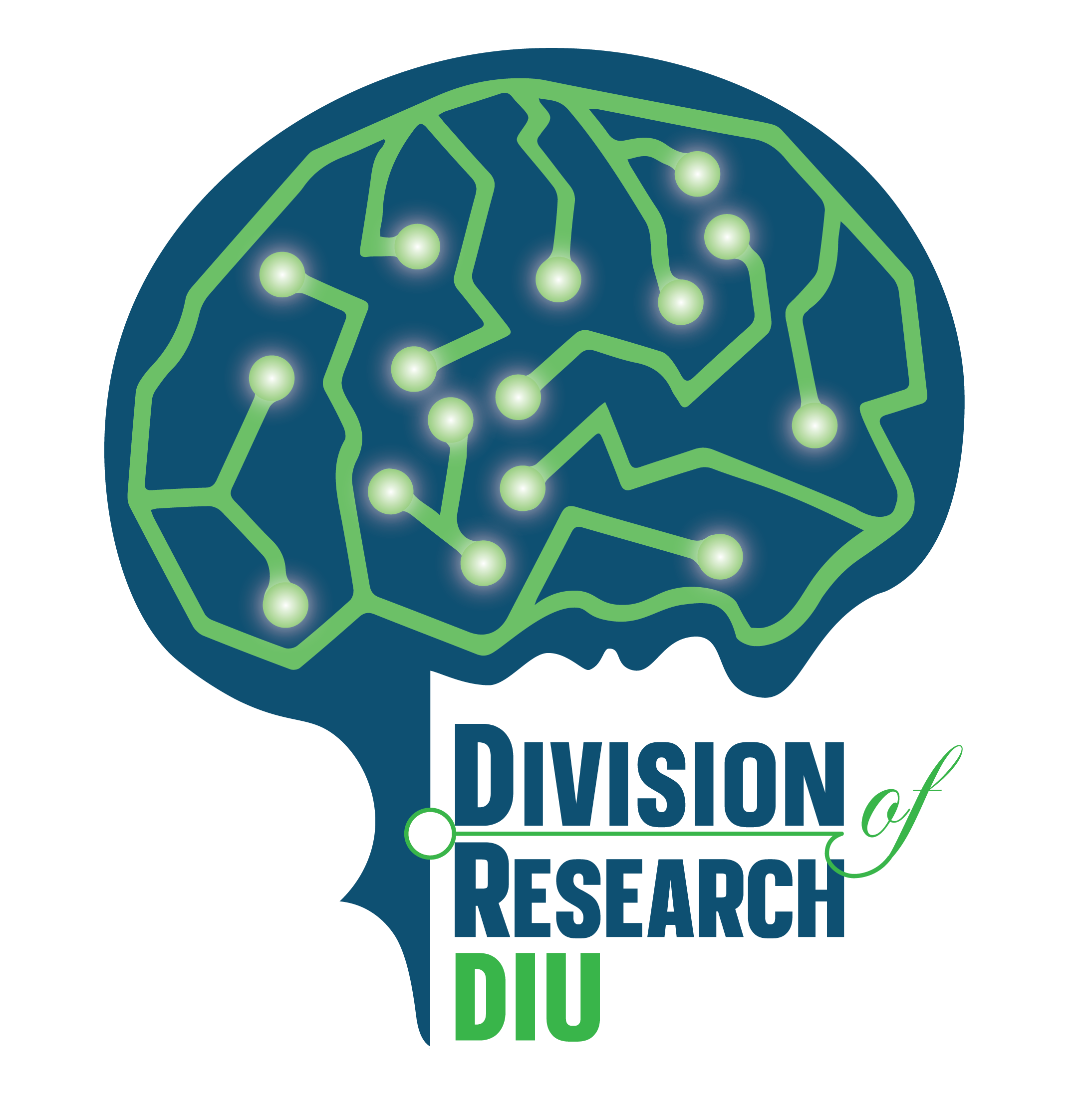Paper Details
- Title
- Nanotechnology-based gene therapy as a credible tool in the treatment of Alzheimer's disease
- Author
- , Mohammad Amjad Kamal,
- prof.ma.kamal@gmail.com
- Abstract
-
Toxic aggregated amyloid-β accumulation is a key pathogenic event in Alzheimer’s disease. Treatment approaches have focused on the suppression, deferral, or dispersion of amyloid-β fibers and plaques. Gene therapy has evolved as a potential therapeutic option for treating Alzheimer’s disease, owing to its rapid advancement over the recent decade. Small interfering ribonucleic acid has recently garnered considerable attention in gene therapy owing to its ability to down-regulate genes with high sequence specificity and an almost limitless number of therapeutic targets, including those that were once considered undruggable. However, lackluster cellular uptake and the destabilization of small interfering ribonucleic acid in its biological environment restrict its therapeutic application, necessitating the development of a vector that can safeguard the genetic material from early destruction within the bloodstream while effectively delivering therapeutic genes across the bloodbrain barrier. Nanotechnology has emerged as a possible solution, and several delivery systems utilizing nanoparticles have been shown to bypass key challenges regarding small interfering ribonucleic acid delivery. By reducing the enzymatic breakdown of genetic components, nanomaterials as gene carriers have considerably enhanced the efficiency of gene therapy. Liposomes, polymeric nanoparticles, magnetic nanoparticles, dendrimers, and micelles are examples of nanocarriers that have been designed, and each has its own set of features. Furthermore, recent advances in the specific delivery of neurotrophic compounds via gene therapy have provided promising results in relation to augmenting cognitive abilities. In this paper, we highlight the use of different nanocarriers in targeted gene delivery and small interfering ribonucleic acid-mediated gene silencing as a potential platform for treating Alzheimer’s disease.
- Keywords
- Alzheimer’s disease; BACE1; amyloid-β; gene silencing; gene therapy; nanoparticle; neurotrophins; small interfering ribonucleic acid.
- Journal or Conference Name
- Neural Regeneration Research
- Publication Year
- 2023
- Indexing
- scopus

